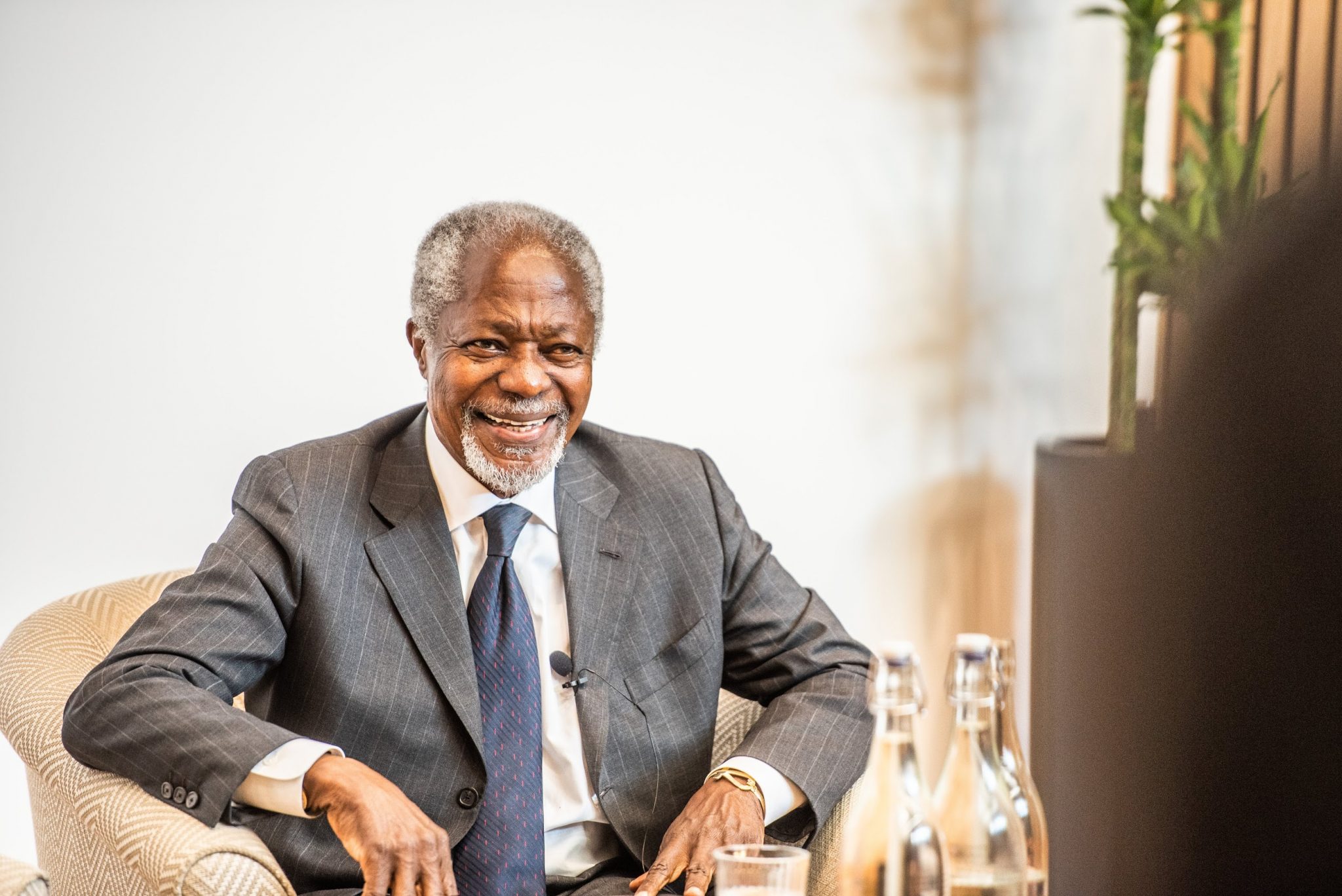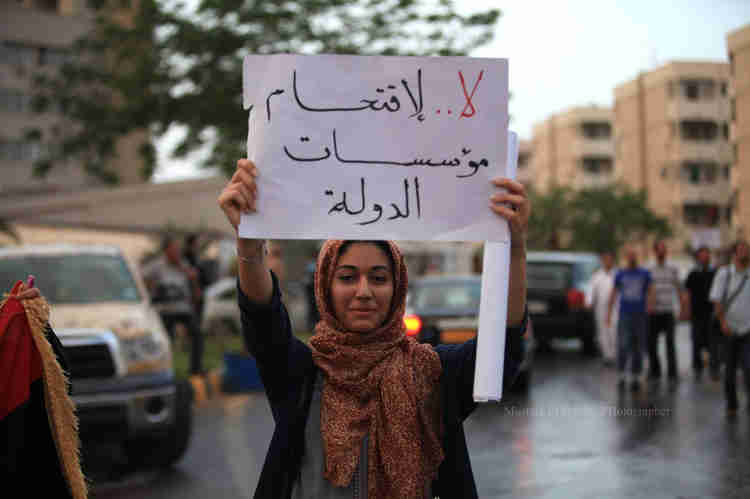Promoting Literacy to Support the Rule of Law
Even for those of us who have seen a great deal in our long lives, the popular uprisings in North Africa and the Middle East have been exciting and inspiring.
They underlined that people, whatever their background, want their rights respected and a voice in their country’s future. They put on notice, too, leaders everywhere who believe they can restrain the democratic aspirations of their people.
But history also shows such progressive movements, whether against colonial masters or repressive regimes, are no guarantee of embedding democracy.
As young men, we saw a similar wave of change sweep through Africa in the wake of the independence movements half a century ago. Like now, hopes were high both in the countries and for those who wished the new states well.
But these hopes were by no means always fulfilled.
There have been some outstanding examples of success in Africa. Few countries in the world, for example, can match Botswana’s record of democratic stability and economic progress since independence.
Others have successfully come through periods of conflict or division to build stable democracies and strong economies. But there has been no shortage of disappointments, and worse.
There are many reasons for these setbacks, including ethnic and religious divisions and corroding corruption. Though the causes of democratic failure are varied, there are two ingredients common to success — a determination to educate a country’s citizens and a commitment to the rule of law.
In the 21st century more than ever before, the natural resource that matters most is the talent of a nation’s citizens. Education and literacy is the key to unlocking this potential.
For hundreds of millions of individuals, literacy is the bridge from misery to hope. For a society and economy, it is simply essential for sustained social and economic development.
An educated literate population has, for example, a remarkable impact on national health, particularly if successful efforts are made to close the gender gap in schooling. It is a major driver of improved productivity.
By raising sights beyond the immediate community, education can also help build nations by reducing tribal and ethnic ties.
The rule of law is equally fundamental for the development of a healthy democracy, good governance and a prosperous economy. Both individuals and businesses need confidence that the law will be applied fairly and consistently, whether individuals are powerful or not, and that rights will be protected and upheld by the courts.
Without such confidence, there is a danger that grievances will fester, divisions will grow and communities will be forced to find other ways to protect themselves against perceived injustices.
And without the protection of the law through property rights, the long-term investment that every economy needs will be discouraged.
To reverse this trend, it is essential for all of us who support democracy in Africa to step up efforts to expand education and help promote the rule of law.
It is very encouraging that both national governments within the continent and the international community have responded with increased investment in education.
But we also need to provide the practical support that makes a difference both in the lives of young people and to the strength of civil society and governmental institutions.
These are exciting times for Africa. Economic growth, driven by a young labor force, is strong. But we need to ensure that the standards of governance and respect for human rights match this economic progress.
In the West, we sometimes forget that building and embedding democracy can be a long and difficult process. There are always vested interests who want to delay or reverse progress.
By helping drive up literacy standards and supporting the rule of law, we can ensure that, this time, the hopes for a better democratic future are fully met and sustained.
Kofi Annan, former secretary-general of the United Nations, and Walter Mondale, a former U.S. vice president of the United States, are cochairmen of the Jack Mason Law & Democracy Initiative of Books For Africa, a St. Paul nonprofit, which in the past year has shipped approximately 1.9 million books and 13 brand new Thomson-Reuters law libraries, to 21 African countries.



